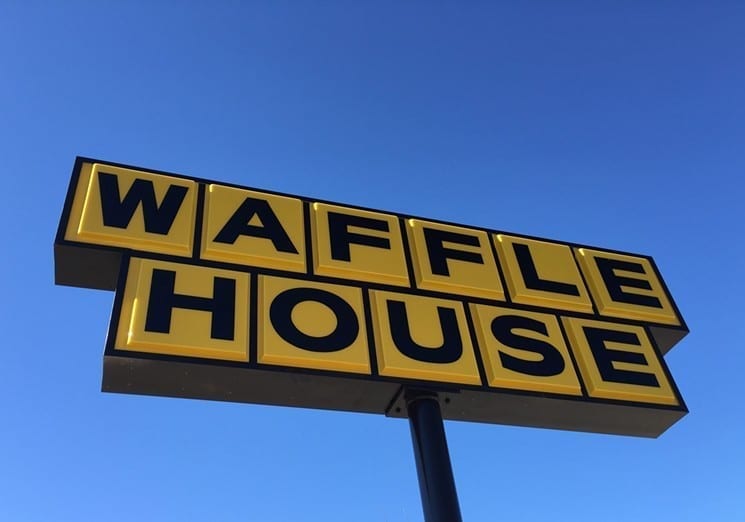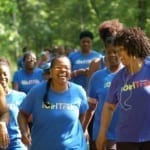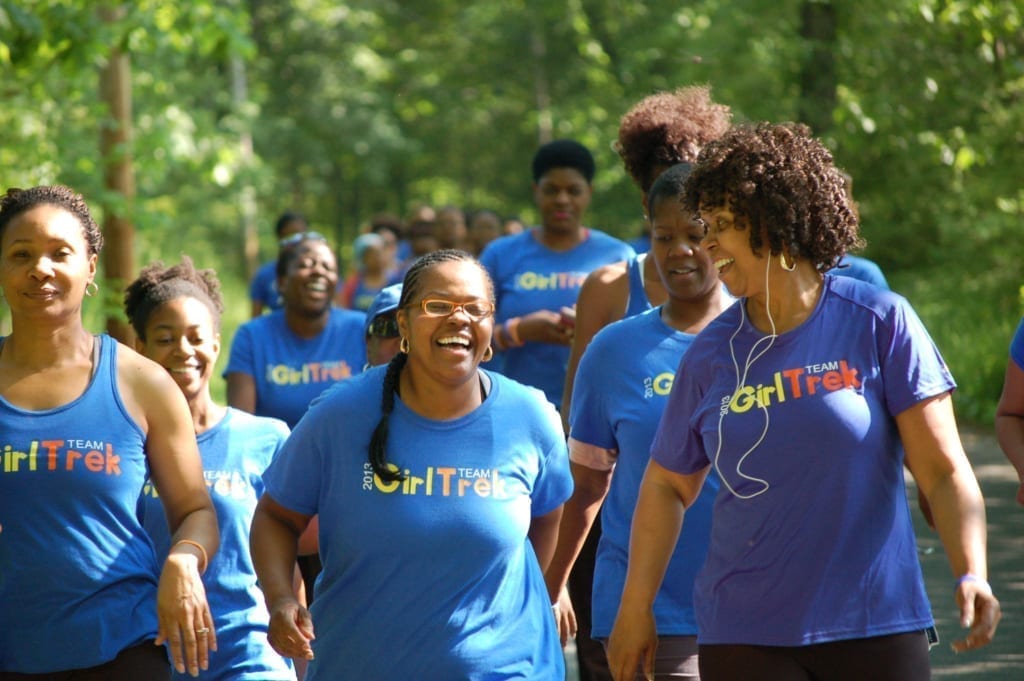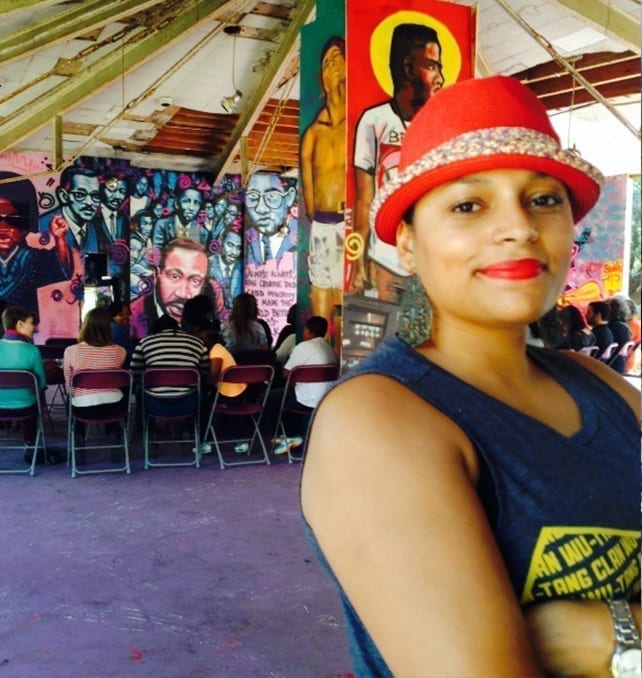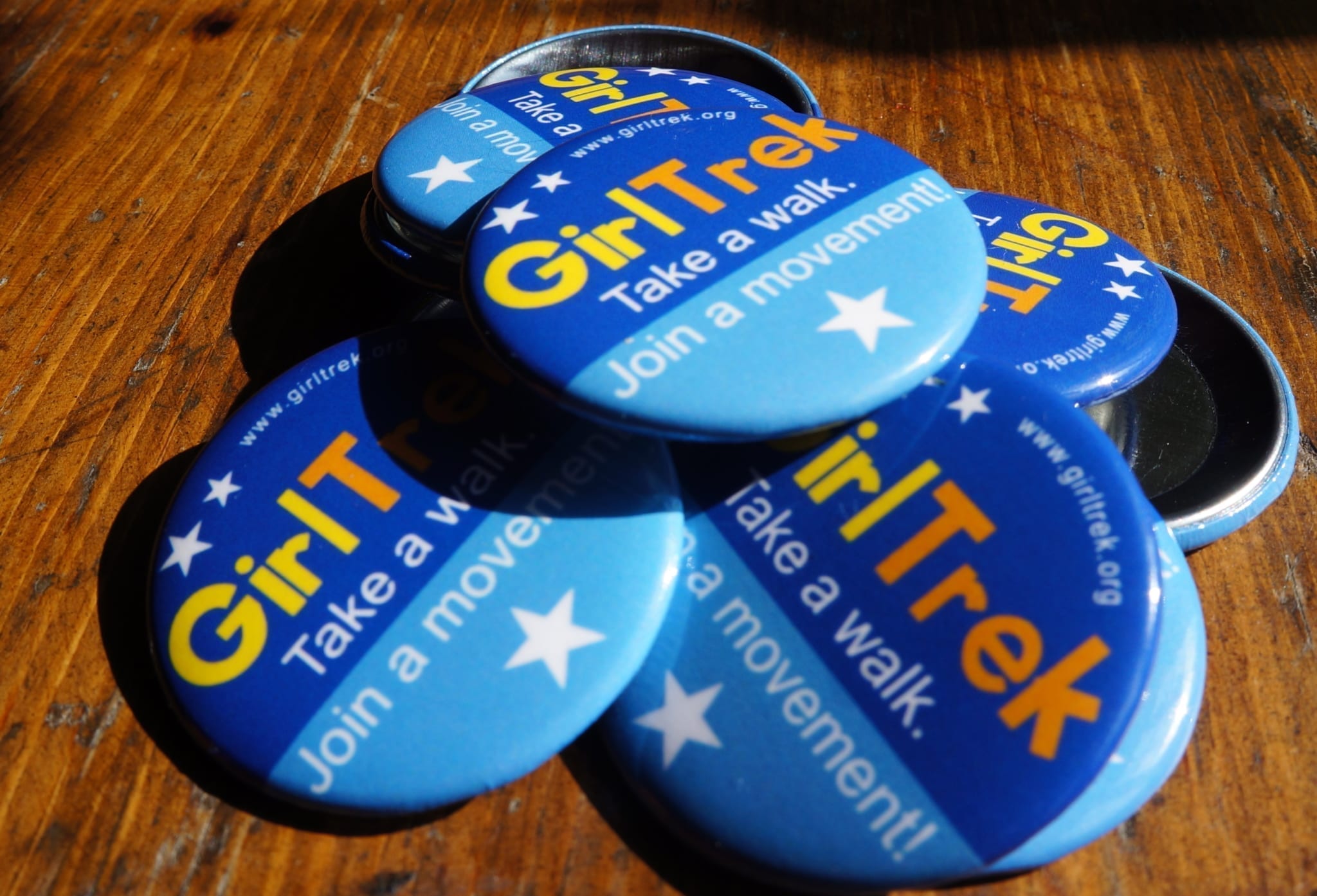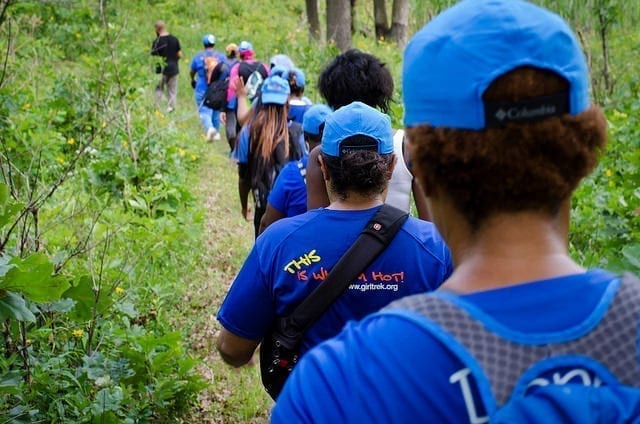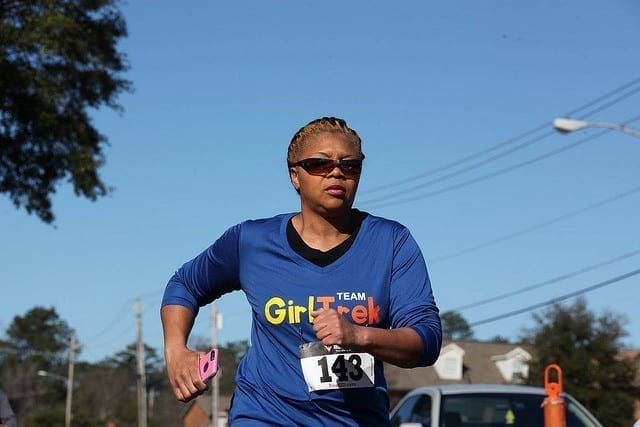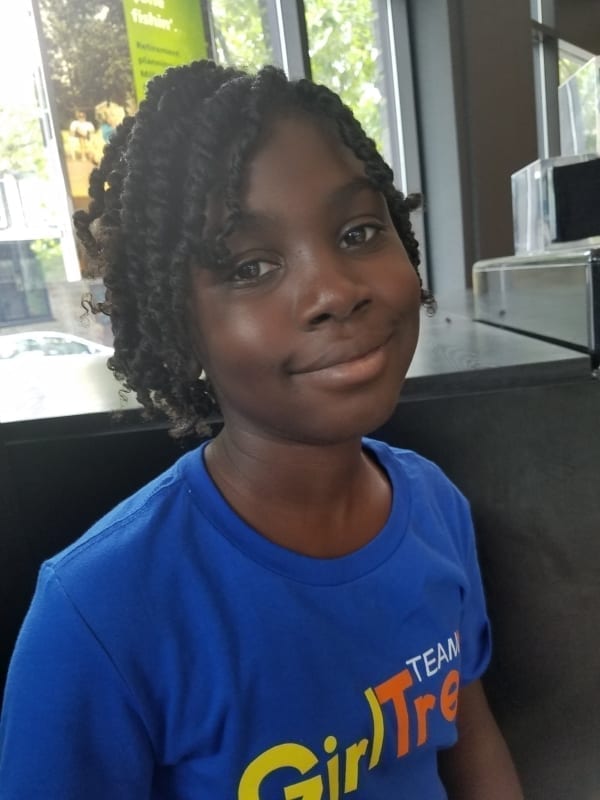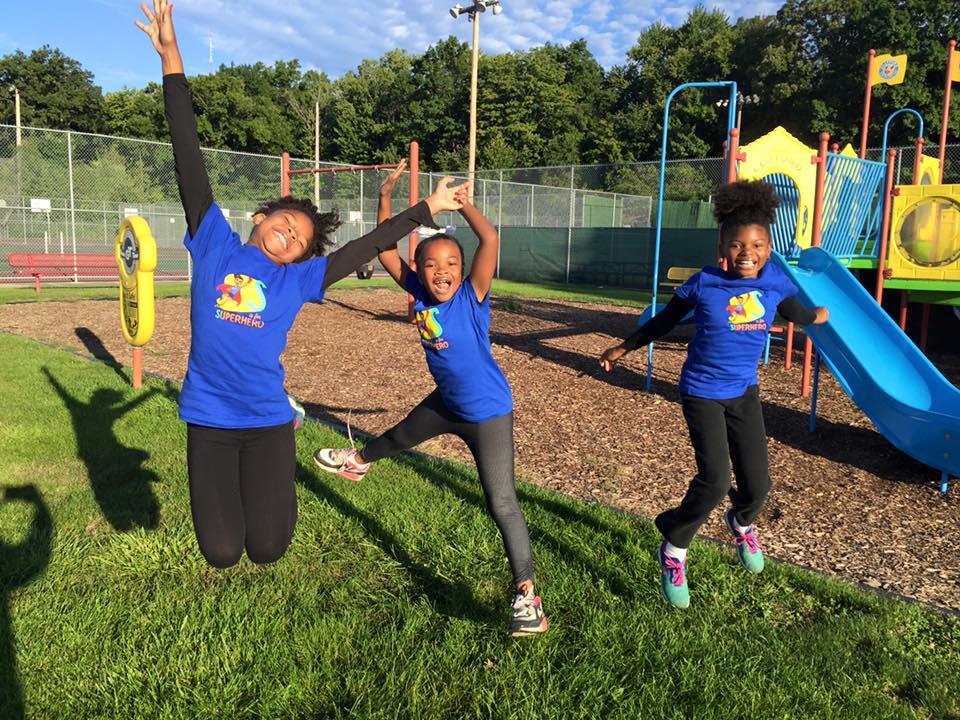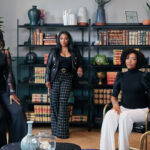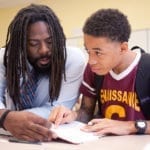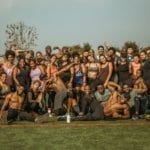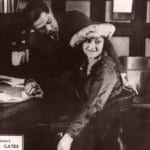“Black women are often considered angry and divisive in their interactions with others in both public and private. In mainstream feminism, our demand to have both our race and gender considered is called divisive from ‘all women’s issues.’ In Black political spaces, our desire to have our womanhood considered is called a distraction from the real issue. However, the manner in which Black women have always insisted on their right to dignity, their right to be heard, and their desire to be considered on matters of national import has much to teach us about what makes American democracy work.”
– Dr. Brittney Cooper, Author of Eloquent Rage
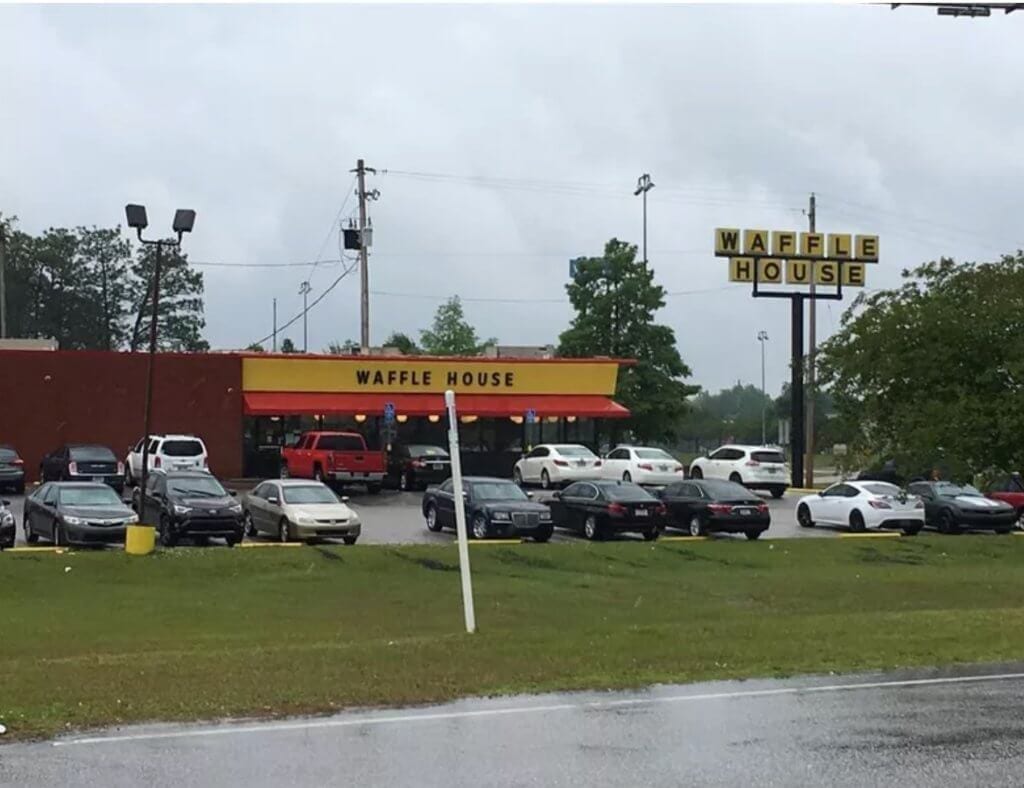
I’ve been home the past couple of days and for the first time in a long time, actually watching the news. I try very conscientiously to monitor my intake of negative images and information. So, when I saw that yet another crazy white boy with a gun took the lives of multiple people, this time at a Waffle House in Tennessee, it made me feel for the families of the four deceased people who were tragically gunned down.
When I mentioned the incident to my girl, she actually brought up another Waffle House incident – a Black woman, at a separate location in Alabama, questioned employees about plastic utensils she was being charged for and subsequently, police were called and we can guess what happened next.
At a Waffle House location in a Mobile suburb, 25-year-old Chikesia Clemons was violently thrown to the ground by three white male police officers who not only physically violated her but also threatened to break her arms. They mishandled her so egregiously that her breasts were exposed while patrons continued to eat their meals and watch.
And now Waffle House has sided with the police.
Why is this OK?
When another friend brought up the incident, and expressed her anger about the lack of public response to its brutality, she asked, whether or not this is another example of patriarchy rearing its sexist head, specifically in our community. A couple of weeks ago, I received news about the two brothers who were arrested at my local Starbucks, all the way in Vancouver.
We even gave you a substantial list of 47 alternatives to patronize for your coffee/tea fixes. The public uproar to that specific racially charged incident was heard internationally. The response may not have been enough to shut down the giant corporation or end racism, but it was certainly enough to lead Starbucks to close each one of its North American stores on May 29th in order to conduct racial bias training with its staff.
On some level, we’re all implicit in our disregard and devaluation of the lives of Black women and girls.
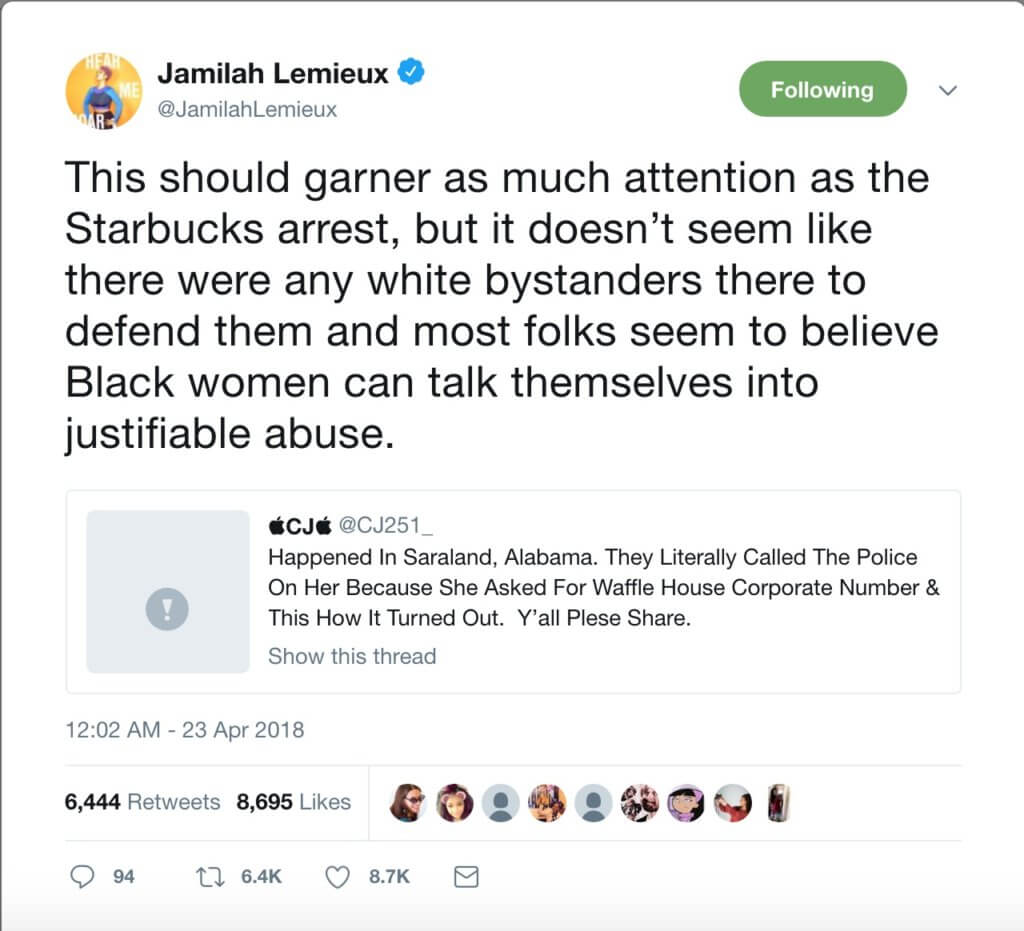
Why are we not up in arms about the gross and brutal Waffle House arrest of Chikesia Clemons? Is it because the latest news cycle was focused on the site of another heinous act of domestic terrorism where the victims happen to be Black and the shooter, to no one’s surprise, is a white male?
While the media often can’t simultaneously acknowledge both traumatic events, can we not, as a community, hold space for both incidents? Can we not hold Waffle House accountable and call for a shut down if not nationwide, definitely that particular location? But actually, that’s not enough.
When it comes to issues like this, and the girls being kidnapped by Boko Harama, or women killed by police, we need more than a boycott, we need powerful strategies and committed work, the kind that organizations like GirlTrek is doing, to save at Black women and girls, one sister at a time. That’s often the burden that we as Black women have to bare – working through trauma and pain as people who are both Black and woman.
My particular brand of feminism isn’t always visible. I haven’t always self-identified as such namely because in my day-to-day struggles, I personally feel most oppressed by white people in response to my Blackness, than I do by men, in response to my woman-ness.
However, I’d say that the work of so many of my Black Feminist scholar friends, and the countless of feminists before them would be in vain if I did not acknowledge or understand intersectionality and the ways that my race, gender and class overlap with one another and are impacted by the larger, white supremacist, sexist world in which I live.
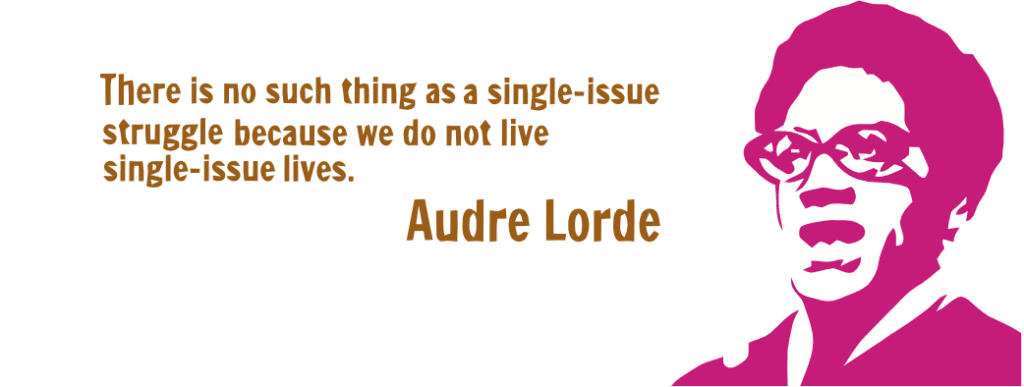
I have not pressed play on the video of Chikesia’s brutal assault, nor will I share it here – I limit the amount of violence I allow myself to consume and seep into my consciousness. Additionally, I try my best to not perpetuate violence by sharing these videos with others. There’s also no reason why I want to see harm inflicted upon another Black woman, especially when that sister, who was well within her right to question Waffle House staff about an irregular policy, could have been me.
If Chikesia were a Black man, I’m certain our collective response would have been drastically different. The Black community’s backlash would have been resounding.
If you disagree, prove me wrong.
Another guy friend reminded me of the poignant piece penned by Damon Young where he likened cis-het Black men to the white people of the Black community.
Unfortunately, I don’t have the capacity or the space in this quick post to share all of the reasons why this is true, but if you are in doubt, you can certainly look to the historical work of bell hooks, Alice Walker, Audre Lorde and Angela Davis.
And if their work isn’t contemporary enough, reference the analysis of dream hampton, Monifa Bandele, Dr. Brittney Cooper, Darnell Moore, Dr. Imani Perry, Akiba Solomon and many others who have been doing the work of articulating how and why we should dismantle problematic toxic masculinity and the multitude of ways it rears its head in our community for our generation and those to come.
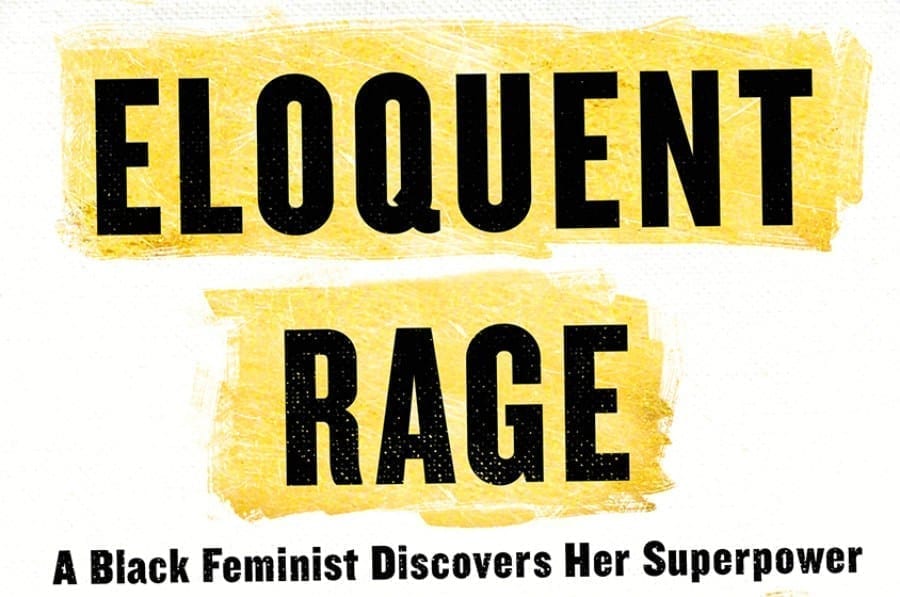
Coincidentally, I don’t eat at Waffle House, not for any personal reason other than the fact that we didn’t have them in New Orleans growing up, I most certainly won’t be eating there any time soon.
While I’m holding space for Rashon Nelson and Donte Robinson by not going to Starbucks, I’ll also be boycotting Waffle House and side eyeing not only the bystanders who did nothing, but the countless people who two weeks ago were outraged by a similar and yet less violent incident against two Black men, but who are awfully quiet in the wake of yet another incident of violence inflicted upon another Black woman.
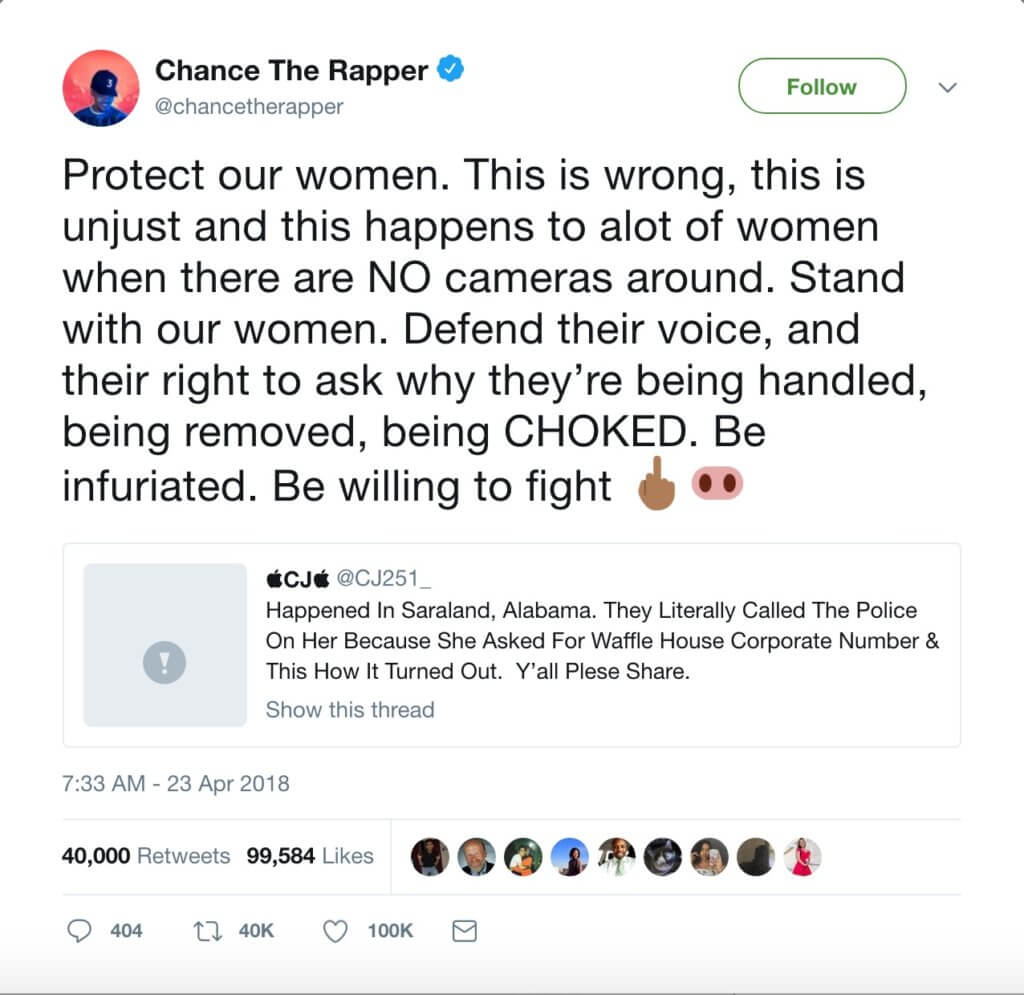
Zora Neale Hurston once said, “If you are silent about your pain, they’ll kill you and say you enjoyed it.”
Black women and femmes have been crying out loud for centuries, you’ve just chosen to act like you didn’t hear us.
NOTE: For those of you who want to directly support the families of the Tennessee Waffle House homicides, you can do so by going here. A Go Fund Me has been set up by James Shaw, Jr. the Black man who risked his life to take down the Waffle House shooter.
If you want to contribute to the Justice for Chikesia campaign started by her friend, please click here.

